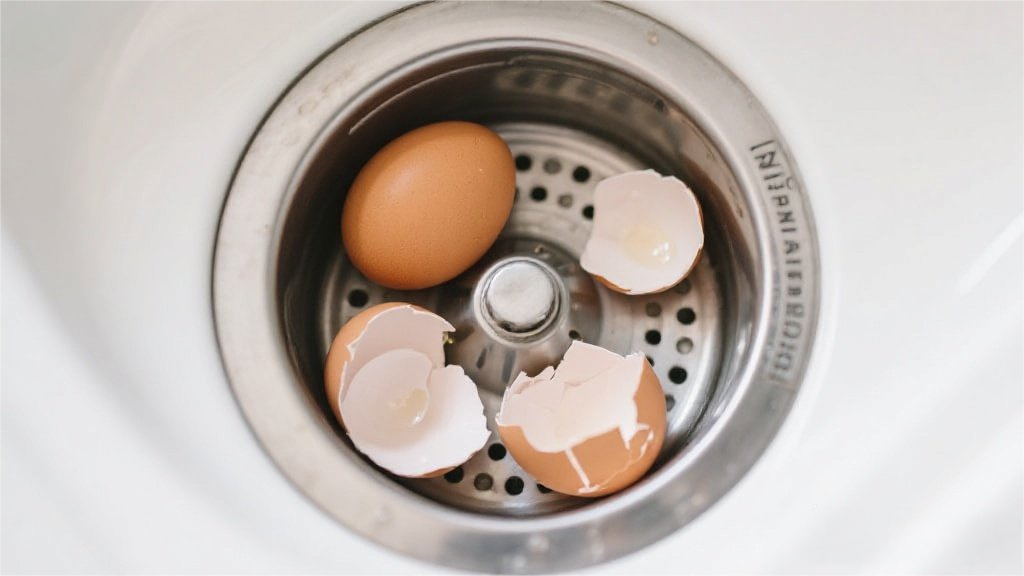Can melatonin cause headaches? The answer isn't a simple yes or no. While some people swear by melatonin as their go-to sleep aid without any issues, others report waking up with a pounding headache after taking it. The truth is, melatonin's relationship with headaches is complicated—it can be a hero or a villain depending on your body chemistry, dosage, and even the timing of when you take it.
The Science Behind Melatonin and Headaches
Melatonin is a hormone naturally produced by your brain in response to darkness, signaling that it's time to wind down. When you take it as a supplement, you're essentially giving your body an extra nudge toward sleep. But because it interacts with your nervous system and blood vessels, it can sometimes trigger headaches in sensitive individuals. On the flip side, some studies suggest melatonin might actually help prevent migraines by stabilizing brain activity and reducing inflammation. So why the mixed results? Researchers are still untangling the exact mechanisms, but factors like dosage, individual sensitivity, and even the quality of the supplement play a role.
Why Some People Get Melatonin Headaches
If you’ve ever popped a melatonin gummy only to wake up with a throbbing temple, you're not alone. Some people are just more prone to this side effect, especially if they take too high of a dose. Melatonin supplements aren’t strictly regulated, so potency can vary wildly between brands—what’s labeled as 3 mg might actually deliver way more (or less) than that. Timing also matters; taking melatonin too late at night can disrupt your natural sleep-wake cycle, leading to grogginess and headaches the next day. And if you're someone who already deals with migraines, your brain might react unpredictably to the extra hormone.
How to Avoid the Headache Hangover
If melatonin tends to leave you with a headache, don’t ditch it just yet. Try lowering your dose first—sometimes even 0.5 mg is enough to do the trick. Opt for a reputable brand that uses third-party testing to ensure accurate dosing. Take it earlier in the evening (about 30-60 minutes before bed) to sync with your natural melatonin production. Staying hydrated is key, too, since dehydration can amplify headache symptoms. And if you’re still struggling, consider other sleep aids like magnesium or valerian root, which might be gentler on your system.
When to See a Doctor
Most melatonin-induced headaches are mild and fade on their own, but if yours are severe, frequent, or accompanied by dizziness, nausea, or vision changes, it’s time to check in with a healthcare provider. You could have an underlying sensitivity or another condition that’s being triggered by the supplement. A doctor can help you figure out whether melatonin is really the culprit—or if something else is going on.
Melatonin isn’t a one-size-fits-all solution, and its effects can vary from person to person. If it works for you without side effects, great! But if it leaves you reaching for the aspirin, don’t force it—there are plenty of other ways to improve your sleep without the headache hassle.
























